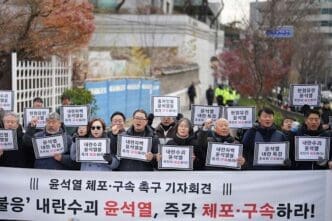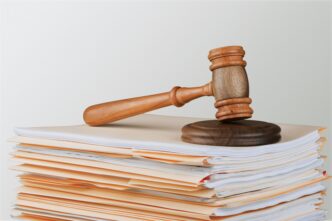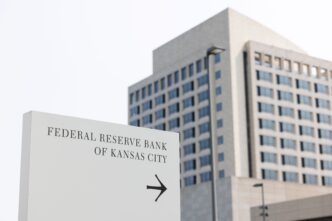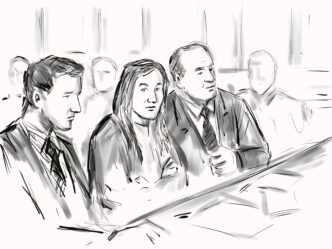Amid unprecedented political turbulence, South Korea’s legal system has taken a significant step forward by issuing warrants to detain former President Yoon Suk Yeol and conduct a search of his office.
The move comes after Yoon’s controversial and short-lived declaration of martial law earlier in the month, which lasted merely six hours but caused widespread disruption. This decree was aimed at preventing a crucial vote in the National Assembly, escalating political tensions and impacting financial markets.
Following these events, the National Assembly, dominated by opposition parties, voted on December 14 to impeach Yoon, suspending his presidential powers. The impeachment decision now awaits a ruling by the Constitutional Court, which will decide whether to permanently remove Yoon from office or reinstate him. However, Yoon has repeatedly resisted calls from investigative bodies to submit to questioning and allow them to search his office, complicating legal proceedings.
The warrants, issued by the Seoul Western District Court, are part of an investigation by the Corruption Investigation Office for High-Ranking Officials into whether Yoon’s declaration amounted to rebellion. Significantly, Yoon’s presidential immunity does not shield him against allegations of rebellion or treason, warranting the present judicial actions.
Yoon’s lawyer has dismissed the legal actions as overreach, arguing that the anti-corruption agency lacks the necessary authority to pursue charges of rebellion. Observers noted that forcibly detaining Yoon could provoke conflicts with the presidential security service, which has previously halted investigators citing a law that protects premises holding state secrets.
Yoon justified his martial law decree as a requisite governance measure, describing it as a counteraction against the opposition Democratic Party. He labeled the party as “anti-state forces” and criticized their legislative maneuvers, including efforts to impeach key officials and alter government spending, which he claims reflect sympathies toward North Korea.
Adding complexity to the political turmoil, the Democratic Party and minor opposition factions have also impeached Acting President Han Duck-soo. His reluctance to appoint three justices to the Constitutional Court was at the core of this decision. Critics suggest that filling these seats could influence the outcome of Yoon’s impeachment trial. Currently, Deputy Prime Minister Choi Sang-mok has been appointed as the interim leader of South Korea.
As South Korea navigates this political and legal crisis, the nation’s stability and future leadership remain uncertain. The unfolding events highlight the deep divides within the country’s political landscape.
Source: News4jax







